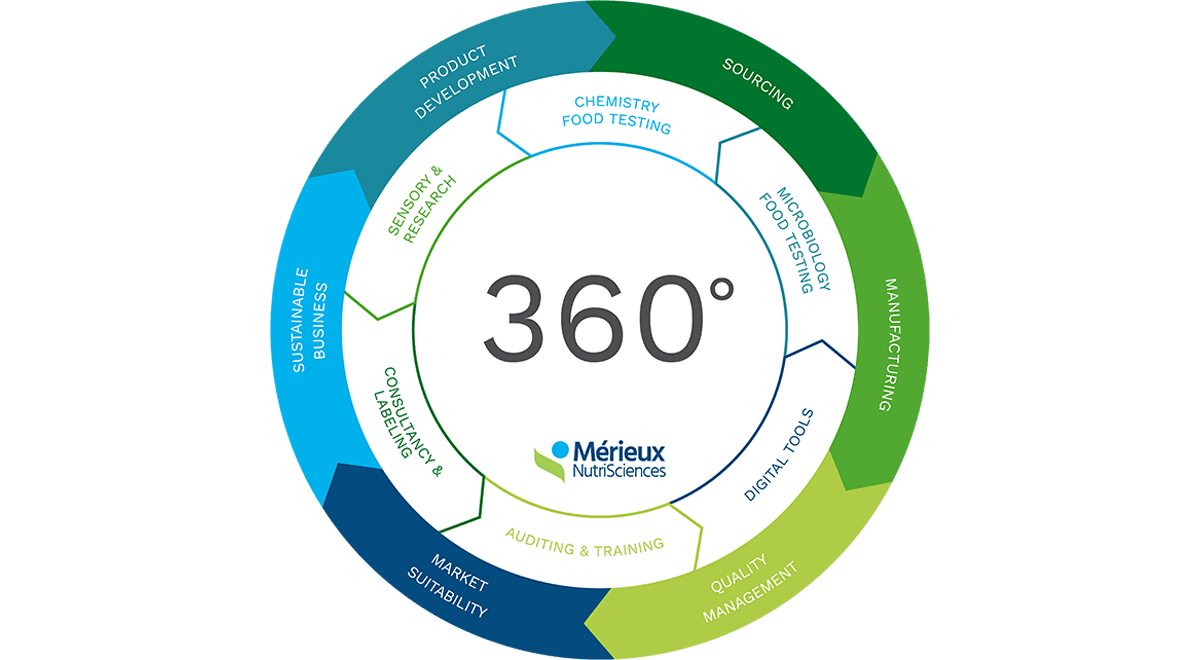Cell and tissue engineering involve cultivating cells and tissues outside of an organism. This method, exemplified by growing cells from a muscle or organ, allows controlled growth without the entire organ. It is applied in medicine for tissue regeneration and cell replacement. Advancements in cellular engineering offer potential in diverse fields like agri-food. Cell-based food production involves culturing cells isolated from animals to develop meat, poultry, aquatic products, dairy, and eggs.
Precision fermentation employs microorganisms to create targeted products like proteins, vitamins, and human-identical milk oligosaccharides. This technology has already been in use for years to produce medicines such as insulin and food enzymes.
Where do Cell-Based Food and Precision Fermentation Products stand Worldwide?
Singapore
Singapore Food Agency, SFA, gave the first regulatory approval to sell cell-based meat in January 2020. A comprehensive summary of the current situation of cell-based food at the worldwide level was published by FAO in 2023. It includes information from Israel, Qatar, and Singapore, with different scopes, structures, and contexts surrounding their regulatory frameworks for cell-based food.
Europe
In Europe, EFSA is responsible for evaluating the safety of novel foods in the EU. Which includes those derived from new technologies such as cell culture and tissue engineering. During the last EFSA colloquium in May, a senior scientific officer at EFSA mentioned that they have not received any requests for the evaluation of food derived from cultured animal cells (lab-grown meat) yet. However, they have assessed several novel food ingredients produced through precision fermentation.
In July 2023, the Dutch government, in the absence of pre-market approval in the EU, passed a landmark agreement allowing for tastings and, therefore, consumer feedback ahead of market entry. They have also published a Code of Practice for safely conducting tastings of cultivated foods in the Netherlands.
United States
Last June 2023, two American companies producing cell-cultured meat received approval from the Food and Drug Administration (FDA) and the United States Department of Agriculture (USDA) to sell their products in the US. This is a significant milestone for the alternative protein industry, particularly for cell-cultured products. These companies have met all the regulatory requirements. They obtained a “No Question” letter from the FDA, labeling approval from the USDA, and USDA Grant of Inspection (GOI). They are now one step closer to bringing their cultivated meat products to the market, marking a historic achievement.
FAO’s Food Safety Hazards Identification
FAO experts published the report of the “Cell-based food: its safety and its future role” (July 2023) Stakeholder roundtable meeting in Tel Aviv, September 2022. The meeting provided an overview of the 2022 status of the topic of cell-based food development and presented the potential complexities of conducting food safety hazard identifications for cell-based food. In collaboration with WHO, FAO held a session during the 45th Codex Session on November 8, 2022, in Singapore. This session gathered a group of 23 experts from 15 countries conducted the food safety hazards identification for cell-based foods. The Technical Panel considered all potential hazards to develop an exhaustive list based on the four stages of cell-based food production:
- Cell-sourcing
- Cell growth and production
- Cell harvesting
- Processing
The experts found that with cell-based food, many hazards are already well-known, and they exist in conventionally produced food. A new meeting is scheduled for November 2023 in China.
Mérieux NutriSciences can Support this Emerging Industry
At Mérieux NutriSciences, our scientists have diligently followed the developments in this nascent industry. Our Environmental, Social, and Governance (ESG) goals and commitments to support food safety and sustainability are at the forefront of all our initiatives.
To further expand our expertise and in analytical testing methods, we have initiated collaborations with analytical organizations like AOAC International. We organize a scientific session in this area at the AOAC annual meeting in New Orleans on August 30. Our mission for these alliances is to develop validated analysis methods with key stakeholders to guarantee safety and acceptability of these novel products.
Mérieux NutriSciences is a partner for traditional and innovative food producers. We can support stakeholders in addressing challenges from consumer acceptance to regulatory compliance, including EU Novel food dossier submission support and Sensory consumer acceptance studies.
Learn more about our services for Novel Food and Sensory Consumer Acceptance.



